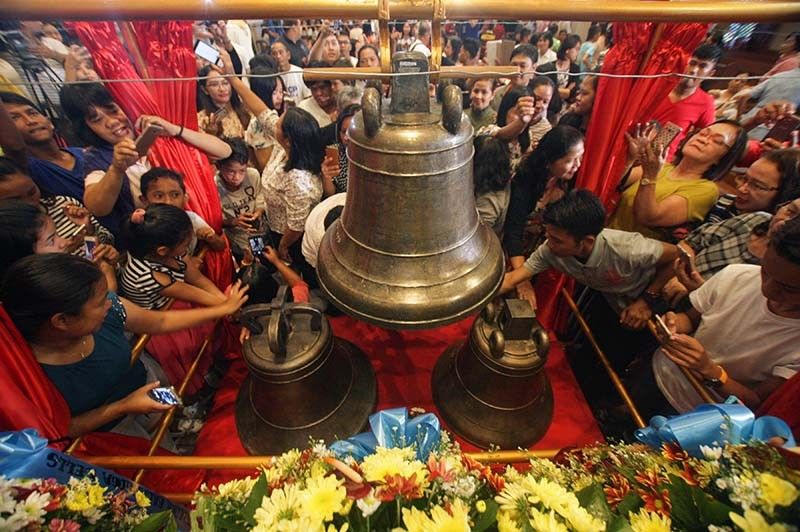The Balangiga bells and the Philippines-US alliance
- Details
- Julio S. Amador III

The Balangiga Bells. File Photo from The Star/Krisjohn Rosales
In his speech marking the return of the Balangiga bells, United States defense secretary, Jim Mattis emphasized the need to deepen the “respect” between the two allies, the Philippines and the United States. Seen as either war booty or as relics of a bloody period, the return of the bells mark an end to a heavily disputed period between the allied countries. President Rodrigo Duterte of the Philippines has used the bells to needle the Americans, going even so far as asking for their return in his State of the Nation Address in 2017.

